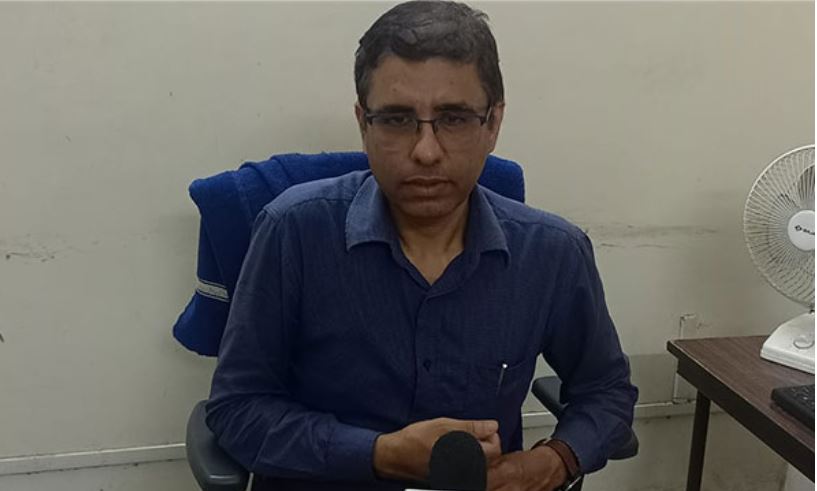
Agartala (Tripura): The National Vector Borne Disease Control Programme (NVBDCP) is intensifying efforts to combat vector-borne diseases such as malaria, dengue, chikungunya, Japanese encephalitis, and lymphatic filariasis across rural regions.
Utilising a robust network of health sub-centres and ASHA workers, the programme ensures comprehensive disease awareness and prevention.
A pivotal aspect of NVBDCP's strategy involves mandatory malaria testing for all fever cases. House-to-house visits facilitate immediate testing, with healthcare workers promptly addressing reported cases.
All state hospitals are equipped with malaria testing facilities, reinforcing the programme's commitment to accessible healthcare.
To eradicate malaria, NVBDCP employs various measures, including chemical treatments, introducing larvivorous fish in drains, and regular fumigation.
Continuous surveillance and proactive interventions form the backbone of this initiative, ensuring rapid response and effective disease management.
NVBDCP's relentless efforts are pivotal in safeguarding public health and aiming for a malaria-free future in the country's most vulnerable regions.
Abhijit Das (State Programme Officer, NVBDCP) said, "All the vector-borne diseases like malaria, dengue, chicken gunea, Japanese anthophyllites, and elephantiac phyllaries are involved under this programme.
Mainly, we reach every corner of villages to make aware of these disease through health subcenters and through Asha workers. We have availed test facilities."







